Global Brokerages Elevate Recession Warnings as J.P. Morgan Projects 60% Chance
- by Sharon Medley , RNG247
- about 9 months ago
- 157 views
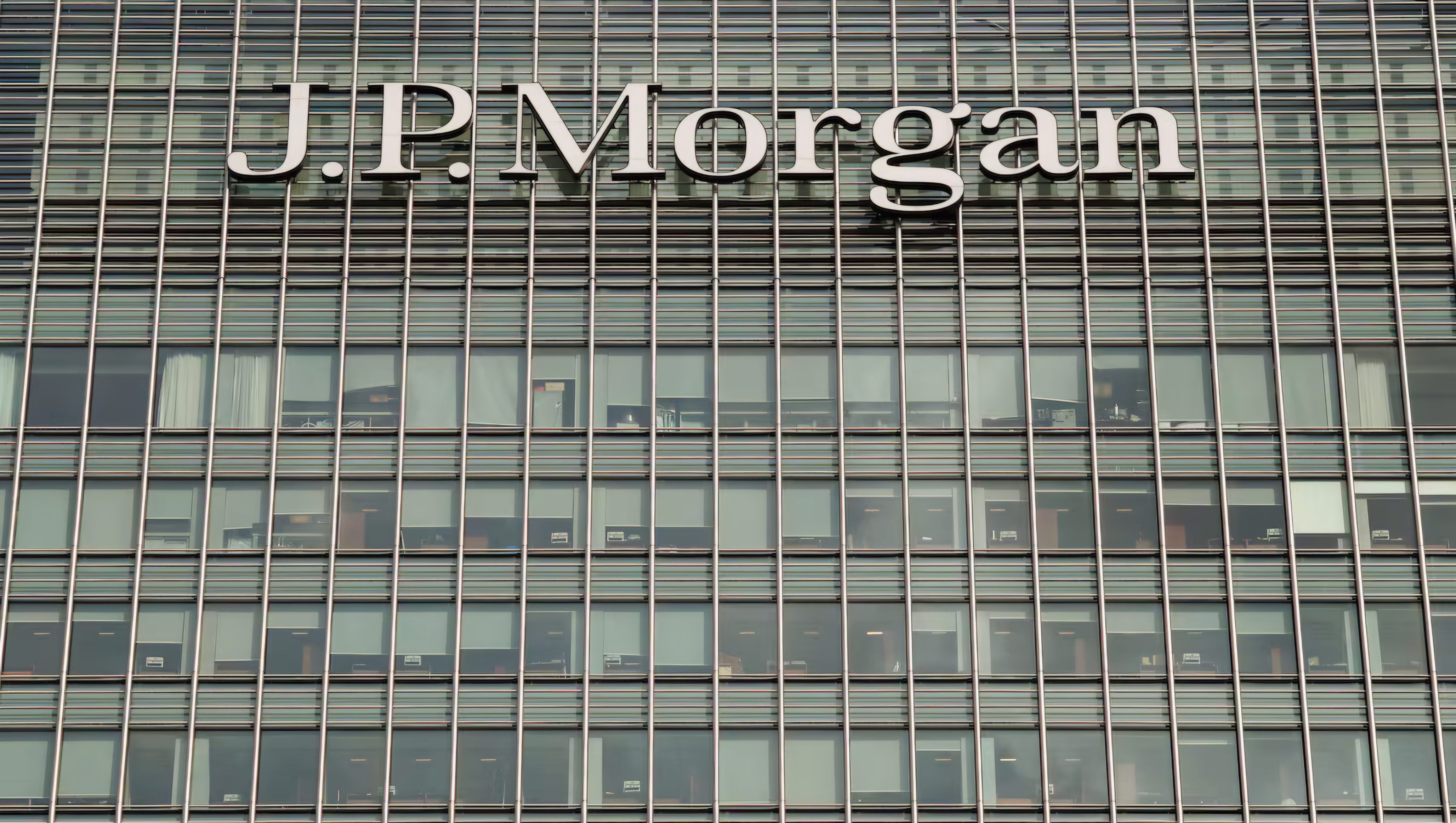
Major financial institutions are revising their forecasts, with J.P. Morgan now suggesting a 60% probability of a U.S. and global recession by the end of the year. This stark increase comes in light of escalating trade tensions and newly imposed tariffs that threaten to undermine business confidence and slow economic growth.
The Trump administration's recent tariff measures against numerous countries have triggered retaliatory actions from China, amplifying fears of a protracted trade war. These developments have sent shockwaves through global financial markets, prompting brokerages to reassess their economic outlooks.
In its latest analysis, J.P. Morgan increased its estimates from a previous 40% chance to the current 60%. "Disruptive U.S. policies have been identified as the predominant risk to the global economy throughout the year," the brokerage stated in a Thursday report. They noted that recent trade policies have deviated from initial expectations of being business-friendly.
"The ramifications ... will likely be exacerbated by retaliatory tariffs, shifts in U.S. business sentiment, and disruptions within supply chains," J.P. Morgan warned.
Additional Forecasts Mirror Broader Concerns
S&P Global followed suit, adjusting its subjective probability of a U.S. recession to between 30% and 35%, a noticeable rise from 25% in March. Similarly, Goldman Sachs raised its estimates last week, projecting a 35% chance of recession, an increase from their earlier prediction of 20%, attributing the adjustment to weakening economic fundamentals compared to prior years.
HSBC also weighed in, acknowledging that the recession narrative is gaining traction while asserting that much of this risk is now integrated into current market prices. "Our equity market implied recession probability indicator suggests equities are already reflecting an approximate 40% chance of a recession by year's end," HSBC analysts noted.
Mixed Signals from the Markets
Other research firms, including Barclays, BofA Global Research, Deutsche Bank, RBC Capital Markets, and UBS Global Wealth Management, echoed the growing alarm regarding the U.S. economy's susceptibility to recession if Trump's latest tariffs remain enforced. Barclays and UBS specifically cautioned that the economy could potentially slip into contraction, while forecasts for economic growth have been largely lowered to a range between 0.1% and 1%.
Following Trump's re-election in November, U.S. equity markets initially rallied, buoyed by anticipation of favorable business policies. However, the subsequent fallout from the tariff announcements in January has led to a challenging three months for major Wall Street indexes, with the benchmark S&P 500 down more than 8% year-to-date.
Several brokerages, including Barclays, Goldman Sachs, RBC, and Capital Economics, have since reduced their year-end targets for U.S. stocks. UBS has downgraded its recommendation from "attractive" to "neutral," while Capital Economics set its S&P 500 index target to 5,500, the lowest among major institutions.
Rate-Cutting Prospects Amid Economic Uncertainty
Despite the potential for tariffs to dampen economic growth, some analysts speculate that these conditions may enable the U.S. Federal Reserve to implement further interest rate cuts aimed at stimulating economic activity. J.P. Morgan anticipates that the impact of tariffs will be "modestly dampened" by expectations of rate reductions.
Goldman Sachs is now forecasting three interest rate cuts by the year's end, an increase from its previous expectation of two before the tariff announcement. Meanwhile, Nomura and RBC are projecting one and three cuts, respectively. UBS predicts that the Fed will lower interest rates by between 75 and 100 basis points throughout the remainder of 2025. Citigroup reaffirms its forecast of 125 basis points in cuts beginning in May, while J.P. Morgan maintains a target of two rate reductions of 25 basis points each.
Investors are positioning themselves for 100 basis points of interest rate cuts in 2025, according to data compiled by LSEG.
As the world watches closely, the implications of U.S. trade policy loom heavily over the global economic landscape, leaving many to wonder what the near future holds.




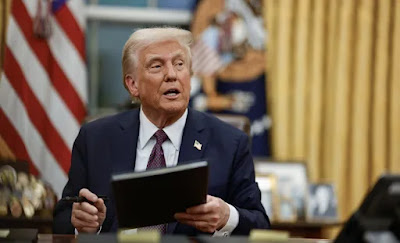



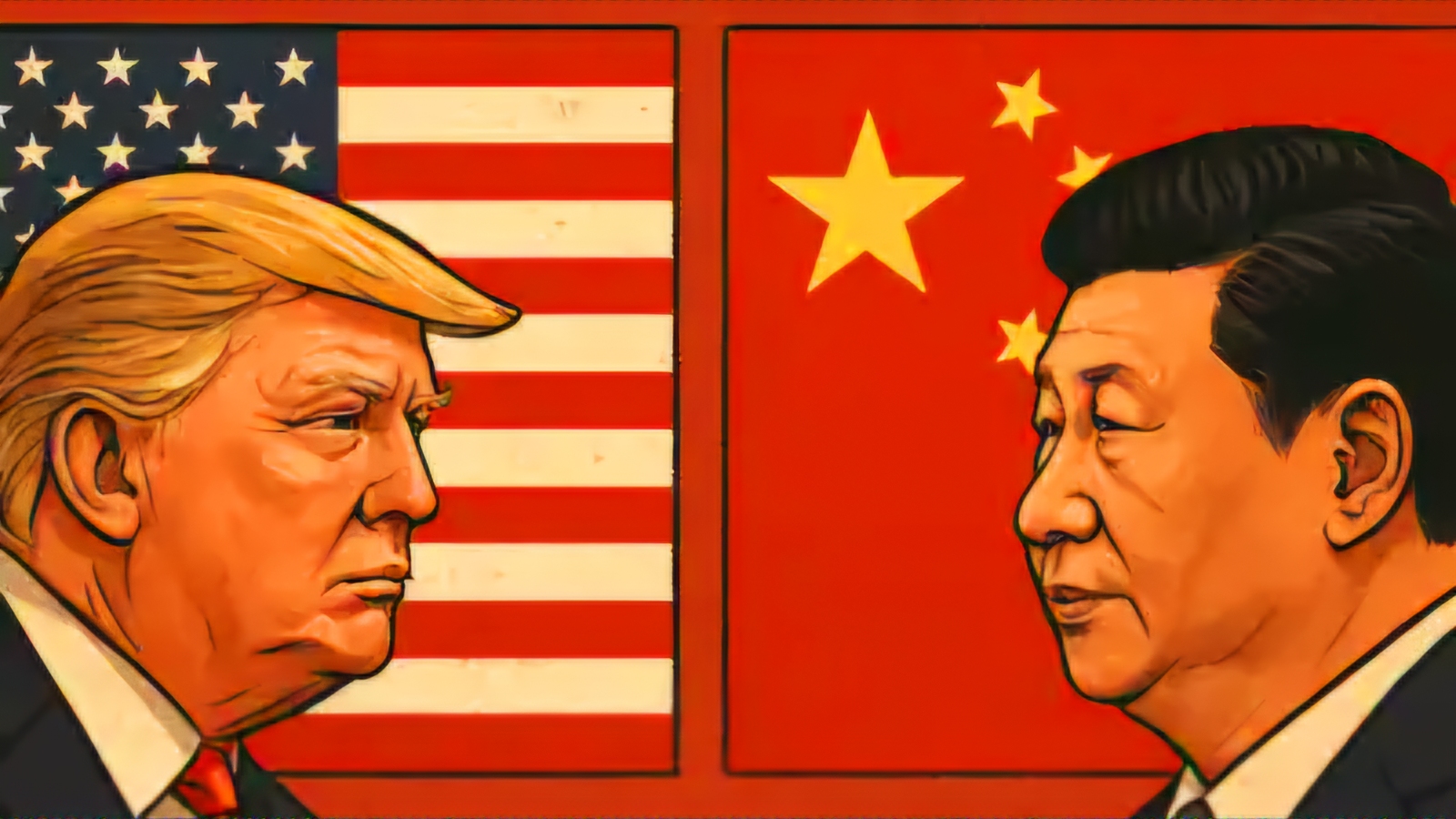
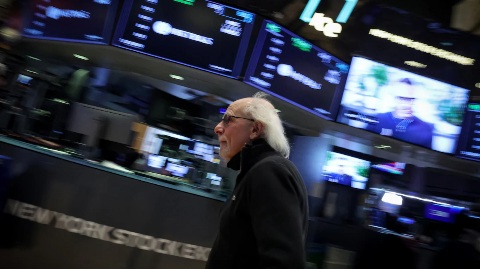

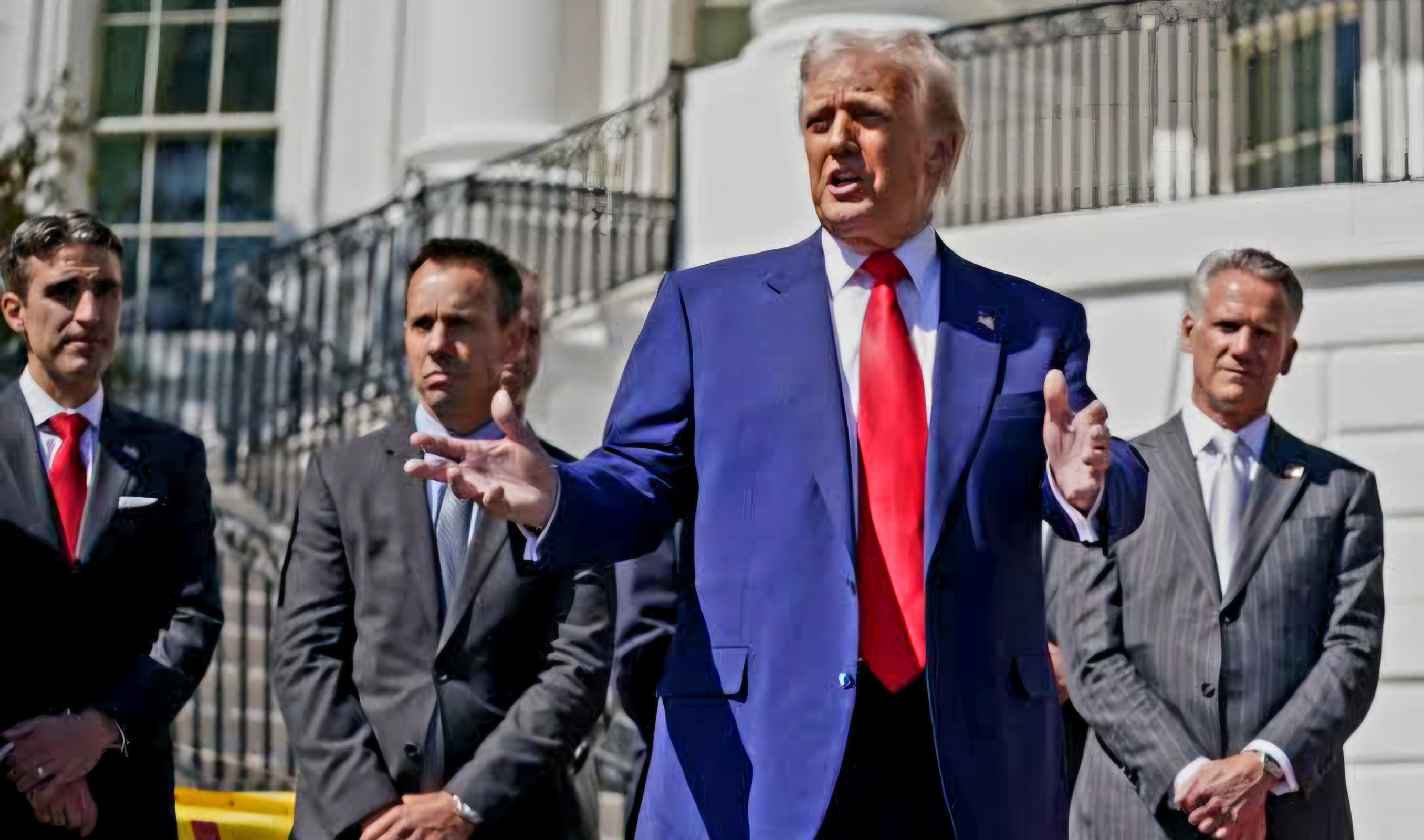
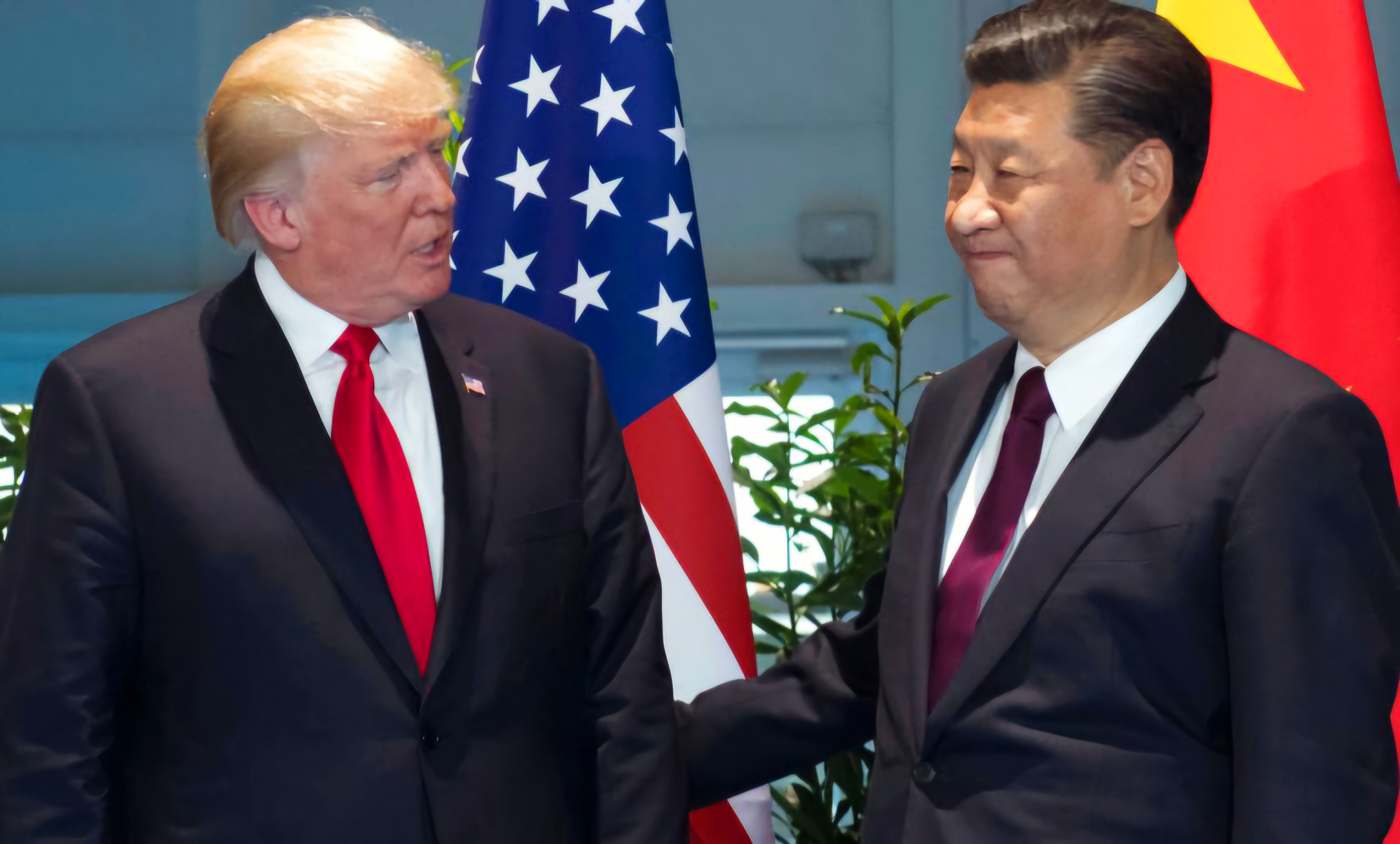
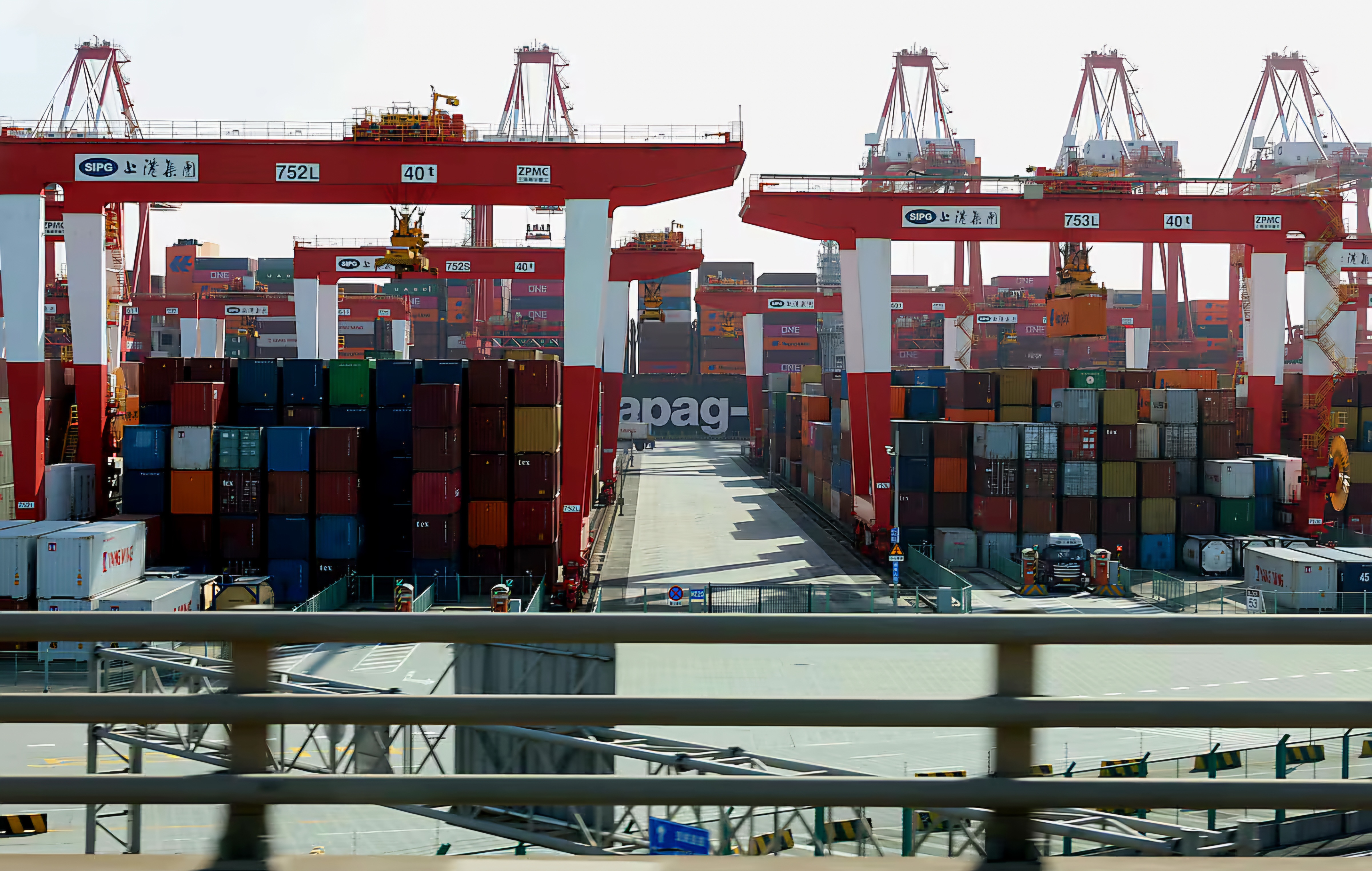
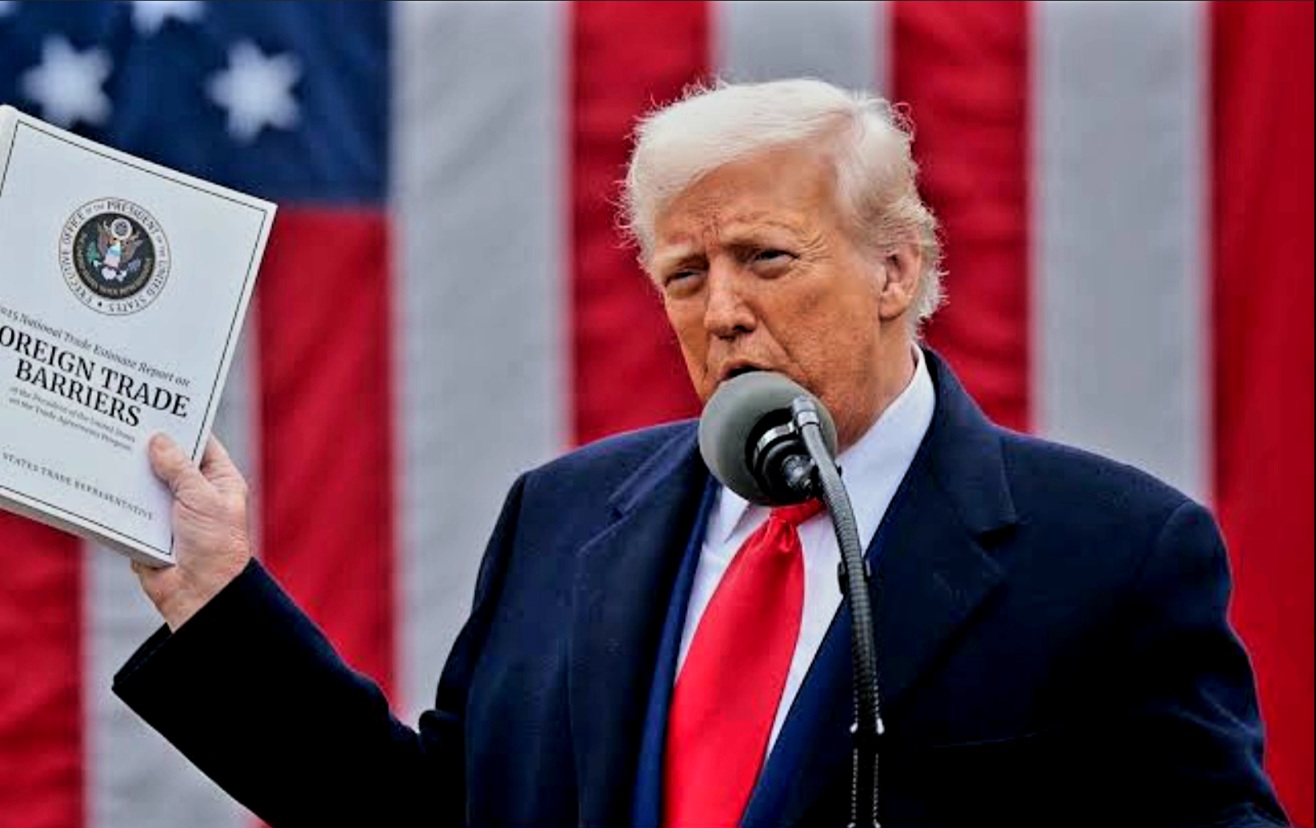

0 Comment(s)